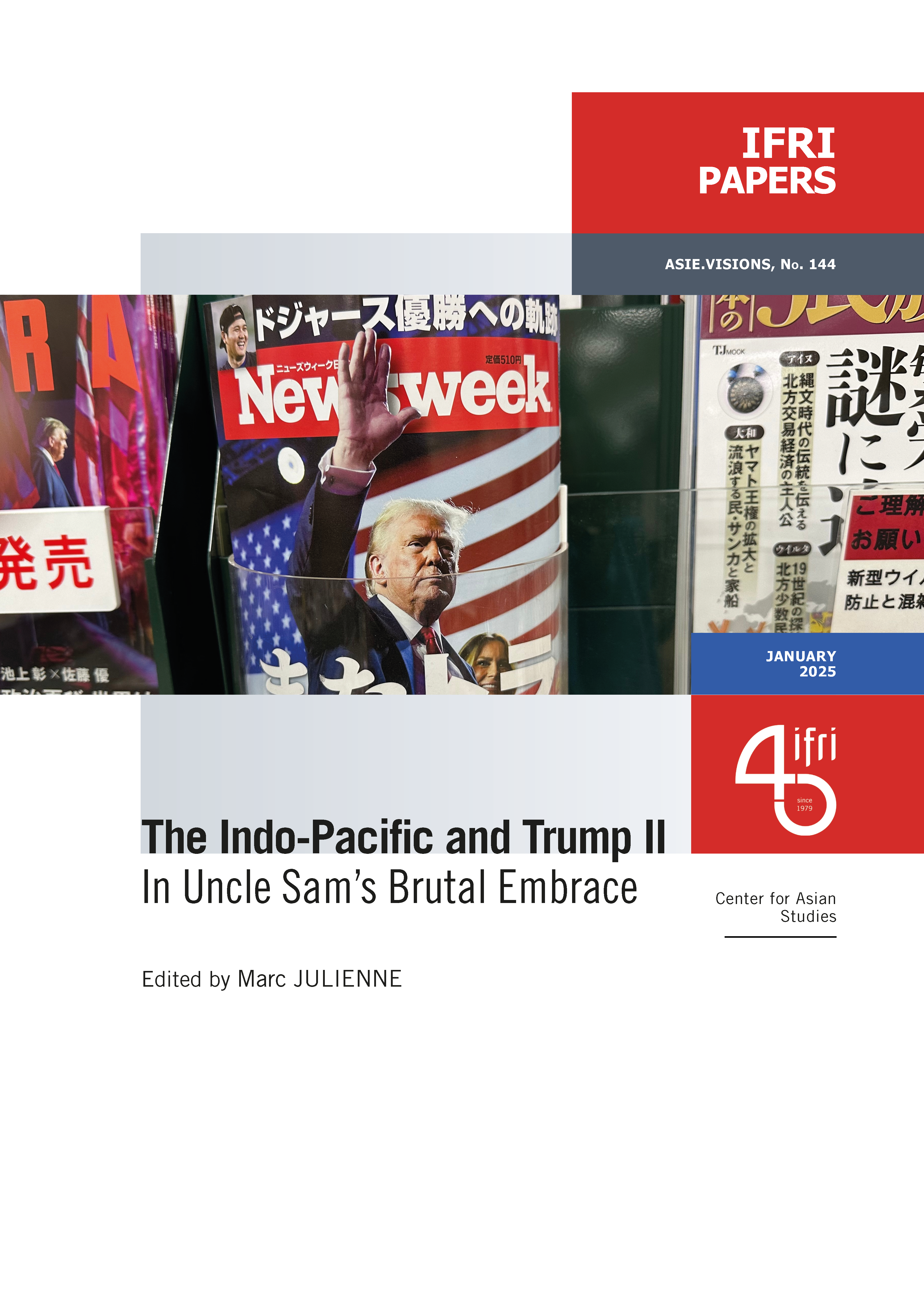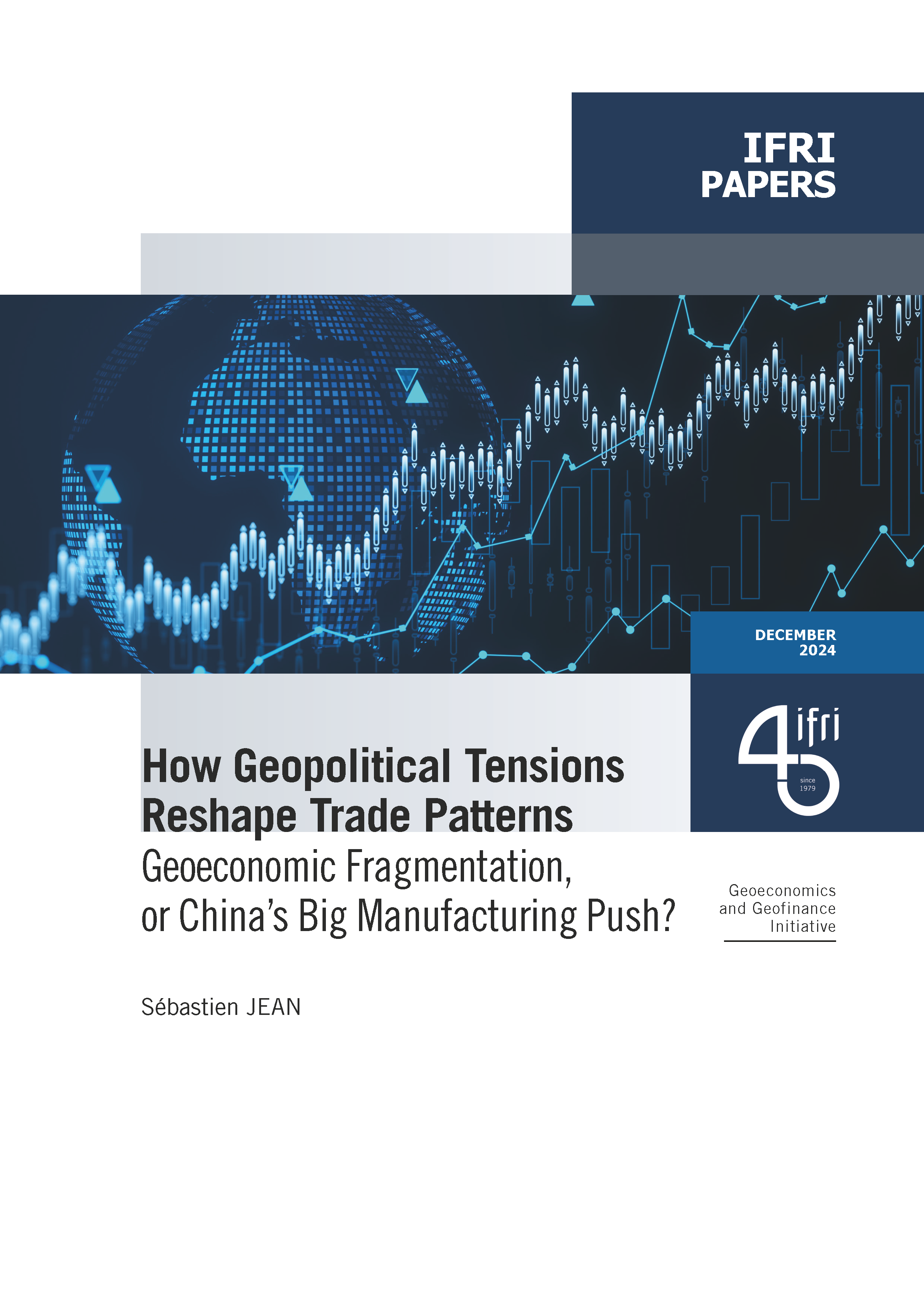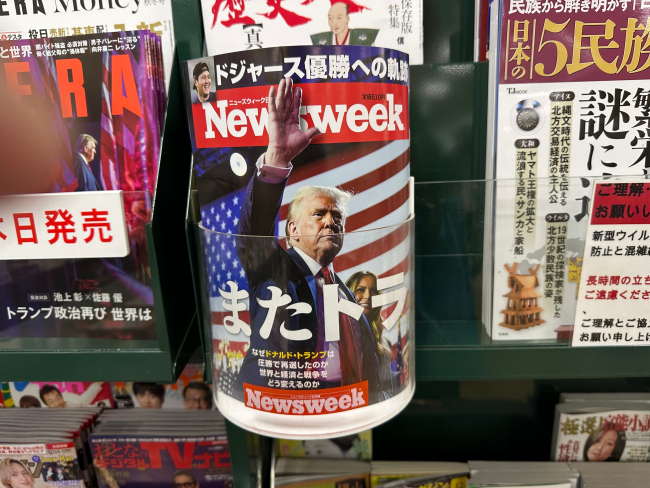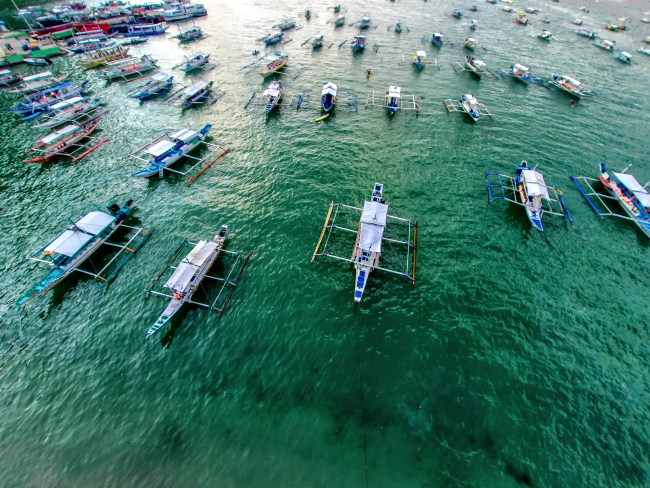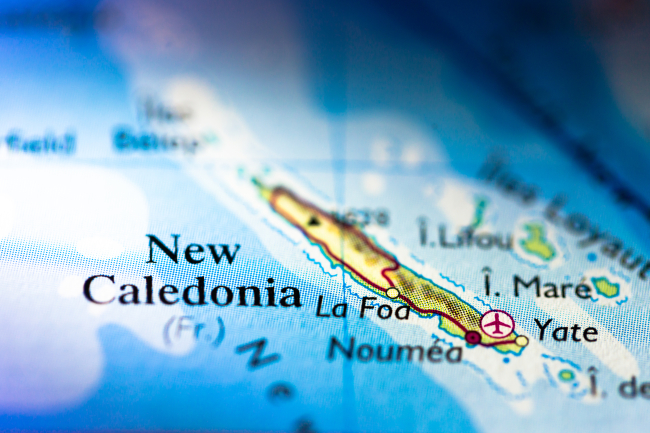Critical Raw Materials, Economic Statecraft and Europe's Dependence on China
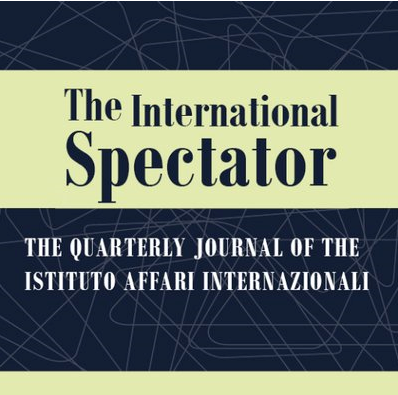
As China tightens export controls on critical minerals, it is important to put Beijing's policies in perspective and analyse how Europe can respond.
The People’s Republic of China (PRC) holds a dominant position along wide swaths of critical mineral and technology value chains that are necessary for achieving Europe’s decarbonisation policy goals. Many fear that the PRC will pursue increasingly coercive measures to leverage its supply chain advantage in pursuit of broader geopolitical objectives. Examining three mineral groups in which Beijing has enhanced supply chain restrictions in 2023, namely rare earth elements, gallium and graphite, highlights that the PRC’s priority has long been the pursuit of economic and industrial policy goals rather than a broader diplomatic agenda, though this could change. Arguably, leveraging raw materials is ultimately a weak form of economic statecraft, eliciting effective diversification strategies that in turn weaken a supplier state’s sources of leverage. Europe’s response, while slow to emerge, has been a strategy to reinvest in its own mineral extraction, refining and recycling capacities, on the one hand, and diversify global supply chains by expanding its strategic partnerships, on the other.

Available in:
Themes and regions
Share
Related centers and programs
Discover our other research centers and programsFind out more
Discover all our analysesThe Indo-Pacific and Trump II. In Uncle Sam’s brutal embrace
In this collective analysis, the research team of the Center for Asian Studies presents a synthetic and non-exhaustive assessment of the relations taking shape between the United States under the Trump II administration and some of the main players in the Indo-Pacific.
The Case for Enhanced France-Philippines Maritime Cooperation
France and the Philippines, two Indo-Pacific nations, can capitalize on their shared interests, needs, and expertise in maritime security and governance, ultimately fostering strategic rapprochement.
France’s maritime security cooperation in the Pacific
France plays a significant role in Pacific maritime security, particularly through the active participation of its overseas territories and the contribution of its stationed armed forces to regional cooperation initiatives.
Taiwan’s Rising Space Program: Building Up Industry, Supporting National Security
Taiwan, known for its leadership in semiconductors and information and communications technology (ICT), is now making significant strides in the space industry. While historically modest, Taiwan’s space program has seen a transformation since 2020, driven by President Tsai Ing-wen’s commitment to expanding the country’s space capabilities. Key milestones include the passage of the Space Development Act and the creation of the Taiwan Space Agency (TASA), which has bolstered the resources and visibility of Taiwan’s space ambitions.


